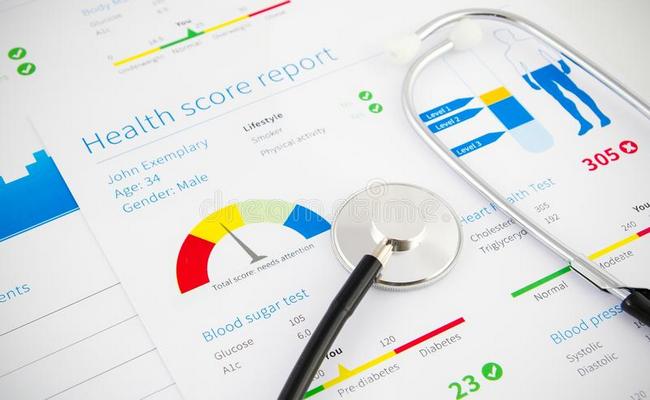Health Screening:
Health screening is one kind of nursing intervention in which detecting health risks or health problems using history, procedures, and examinations. It is a public health service in which members of a determined population, who do not necessarily realize they are at risk of or are already affected by a disease or its complications. Screening tests can find diseases early when they are easier to treat.

Health screening may include taking a personal and family health history and performing a physical examination, tests, or radio logic examination and may be followed by counseling, education, denoting individual or group testing procedures.
What is Health Screening?
The screening refers to the search of unrecognized disease or detects disease before appear symptoms using simple tests, examinations, or procedures in apparently healthy individuals. Screenings include measurements of vision, hearing, height, weight, development, scoliosis, blood pressure, and other qualities referral or further testing.
Some conditions that commonly screen for include:
- Breast cancer and cervical cancer in women,
- Colorectal cancer,
- Diabetes,
- High blood pressure,
- High cholesterol,
- Osteoporosis,
- Overweight and obese,
- Prostate cancer in women.
Different Types of Health Screening:
Various types of health screening have explained in the following:
1. Multiphasic screening (Multiple screening):
It has been defined as the application of two or more screening tests in combination to a large number of people at one time than to carry out separate screening tests for a single disease e.g.- hematological on blood or urine specimen.
2. High risk or Selective screening:
Screening is conducted among risk population only e.g. – screening for cancer cervix in the lower social groups.
3. Mass screening:
Mass screening simply means the screening of a whole population or a sub-group e.g. – all adults. It is offered to all, irrespective of the risk status of the individual.
Principle of Health Screening:
There are some important principles of health screening which are pointed out in the following:
- The condition should be an important health problem.
- There should be a recognizable latent or early symptomatic stage.
- There should be an accepted treatment for the recognized disease.
- Facilities for diagnosis and treatment must be available.
- The test should be acceptable to the population that has a high level of accuracy.
- There should be a written agreed policy on whom to treat.
- The cost of screening (including diagnosis and treatment of patients diagnosed) should be economically balanced about possible expenditure on medical care as a whole.
- Case-finding should be a continuous process, not just a “once and for all” project.
- The natural history of the condition, including development from latent to declared disease, should be adequately understood.

Maria Khatun Mona is a Founder and Editor of Nursing Exercise Blog. She is a Nursing and Midwifery Expert. Currently she is working as a Registered Nurse at Evercare Hospital, Dhaka, Bangladesh. She has great passion in writing different articles on Nursing and Midwifery. Mail her at “maria.mona023@gmail.com”

Thanks for the information, very educative.
Prostate cancer in “women”. you may want to fix that.
Personally, I like how you mention that the cost of the screening should be economically balanced. This way I think that people would be able to pay for the medical services that are potentially needed depending on how the testing goes. I’ll have to look more into different health screenings.